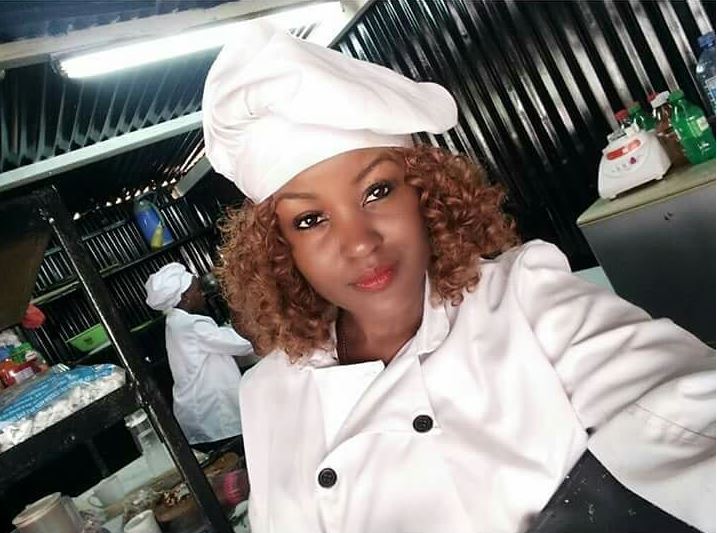×
The Standard e-Paper
Kenya’s Boldest Voice

“There’s once I worked so hard that I went to bed and woke up in hospital three days later. My body had gone into a coma,” says Cycy Rukenya, a young caterer who got into the business of cooking while studying in the US.
Despite difficult beginnings, 25-year-old Cycy has managed to build a viable catering and restaurant outfit in Dial-A-Dish.